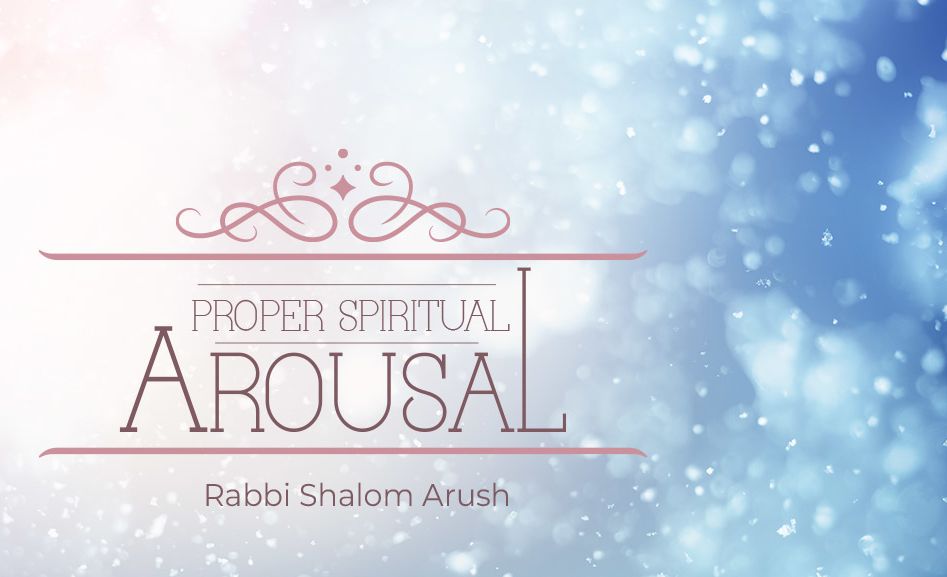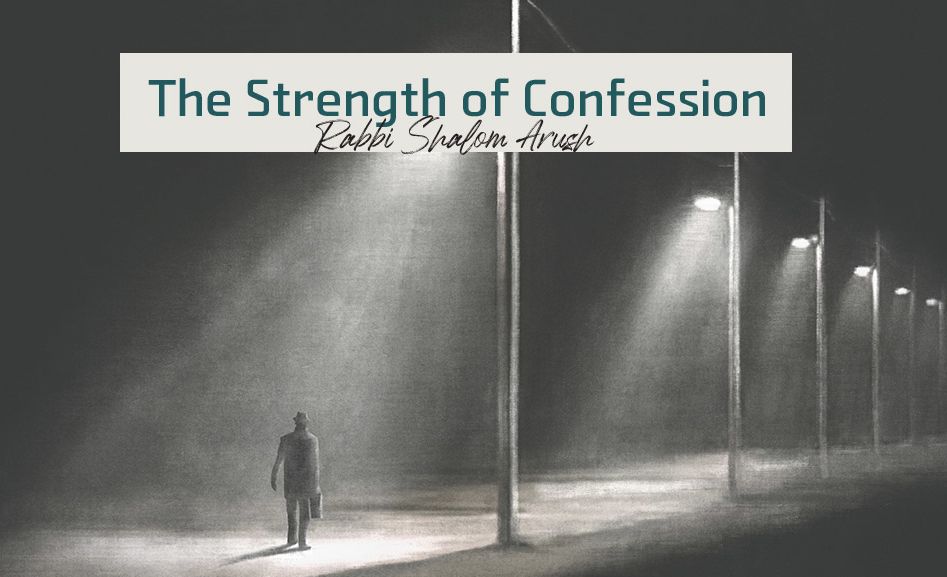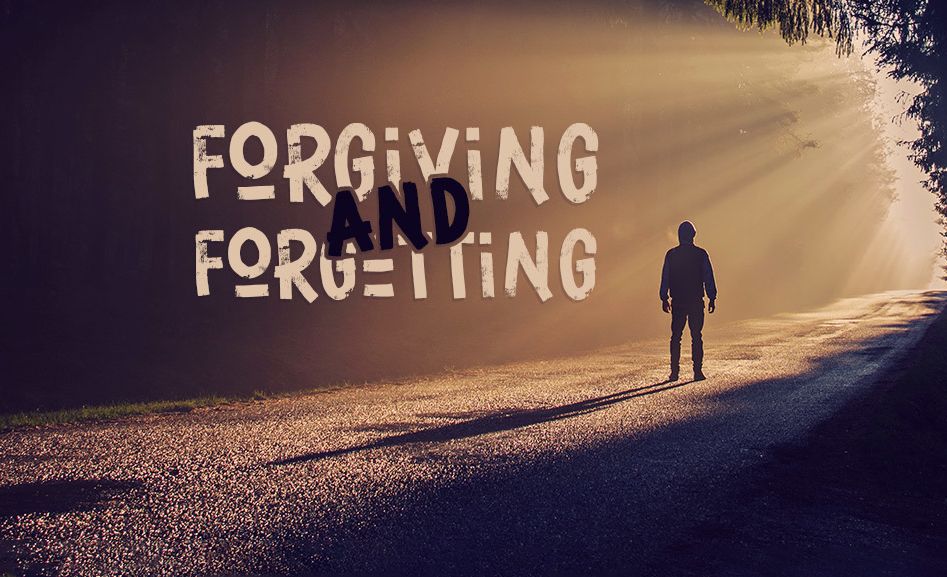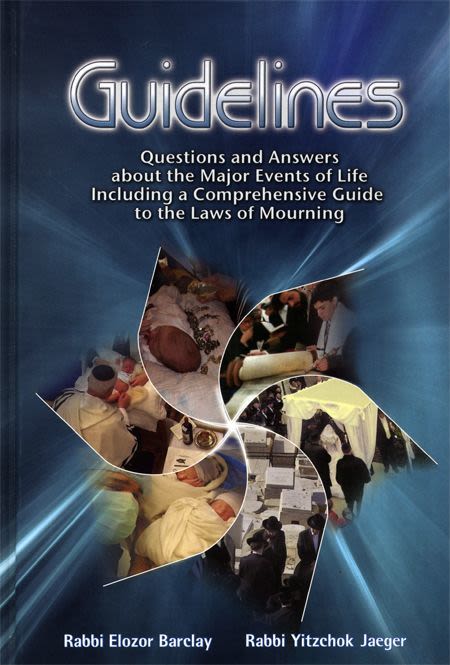
Everything in Place
Rebbe Nachman teaches in Likutei Moharan 35 that according to the Zohar, the meaning of “teshuva” (repentance) is to restore all things to their proper place...

Rosh HaShanah is the day of Judgment for all mankind. The month before this holy holiday is called Elul, which in Hebrew is spelled אלול. This acronym can be broken up into the phrase אני לדודי ולדודי לי. This is a phrase from Shlomo HaMelech’s Song of Songs which means ‘I am to my beloved (aka Israel) and my beloved (aka Israel) is Mine.’
The month of Elul has always been referred to as a month of reconciliation between God and Israel. When the Jews sinned with the Golden Calf Moshe broke the first set of commandments. Moshe then ascended again to plead on behalf of the nation, that day was the first of Elul.
Elul is a time where we really make the effort to improve ourselves. For many of us spending extra time in our personal prayer sessions and reflecting on where we can improve sets the appropriate mood. But more importantly it’s a time where we must try to improve our relationships between our fellow man. This is because although we seek atonement during the days between Rosh Hashanah and Yom Kippur, we  can only beseech forgiveness for transgressions committed between man and God, not man and man. Only man can grant forgiveness to another.
can only beseech forgiveness for transgressions committed between man and God, not man and man. Only man can grant forgiveness to another.
For parents this is the time where we must reevaluate what we are doing for our children. How is our Judaism affecting them, are they happy? Rabbi Shalom Arush explains in his book The Garden of Education that educating our young requires tons of prayers. He explains that kids have an evil inclination to simply not go along with the parents’ will. They see the parents as part of an older generation and that they can’t completely connect to them. The Rav goes on to explain that it requires many prayers to successfully raise children. As the Ohr HaChaim HaKadosh writes:
“A child must be trained to fear God at the earliest possible age. Even if he is too young to begin formal Torah learning, he should be trained in the fear of Heaven, because then he will remain God fearing for the rest of his life.”
Regretting one’s sins requires a special approach. Many people fall into despair and sadness that they aren’t the people they wish to be. On the one hand it’s good to feel remorse for what we have done, but we also need an emuna perspective which will teach us the reason for our downfall and prevent us from self-persecution. As it is written in In Forest Fields, sadness reflects pride, while joy reflects humility.
The word “Elul” means “search” in Aramaic. Rebbe Nachman teaches in Likutei Moharan 35 that according to the Zohar, the meaning of “teshuva” (repentance) is to restore all things to their proper place, another way of saying fulfilling our mission in life.
We are not angels and God isn’t demanding perfection. He knows this! At the same time He rejoices when we succeed and at the same time He is happy when we fail. Why? Because it gives us the opportunity to gain humility and not fool ourselves into thinking that we are perfect. Only God is perfect!
Rav Arush teaches that we are all down in this world to correct ourselves. When we notice that we are slipping up, we don’t beat ourselves up, rather we turn to Hashem in prayer.
“Wow, Hashem, I really don’t like the fact that I keep slipping up in (fill in your personal problem…) I know that I do try my hardest not to fail, but in the end everything comes from You! Even my setbacks, so thank You for letting me fail for the time being, I know it’s for my ultimate best because it will bring me closer to You and I will try harder in prayer to overcome this current situation. Help me not to stumble again.”
When you pray like this rather than saying “O Hashem I’m so bad, there I go again, I can’t ever succeed, I might as well give up. Please forgive me, I don’t want to be punished!” You gain humility and accomplish your life’s mission.
We need to remember what we say in our prayers, “He humbles the haughty to the ground, and raises the lowly to supreme heights.” When we are humbled, and we feel distant from God that’s not the time for sadness. It’s the time for a renewed effort to rise up. The distant feeling is for our good because it will cause us to try harder next time.
We can’t fool Hashem, He sees what is in our heart. We are soon approaching the King of all kings, there is no better time to apply the wisdom of In Forest Fields as we move towards a wonderful new year.












Tell us what you think!
Thank you for your comment!
It will be published after approval by the Editor.